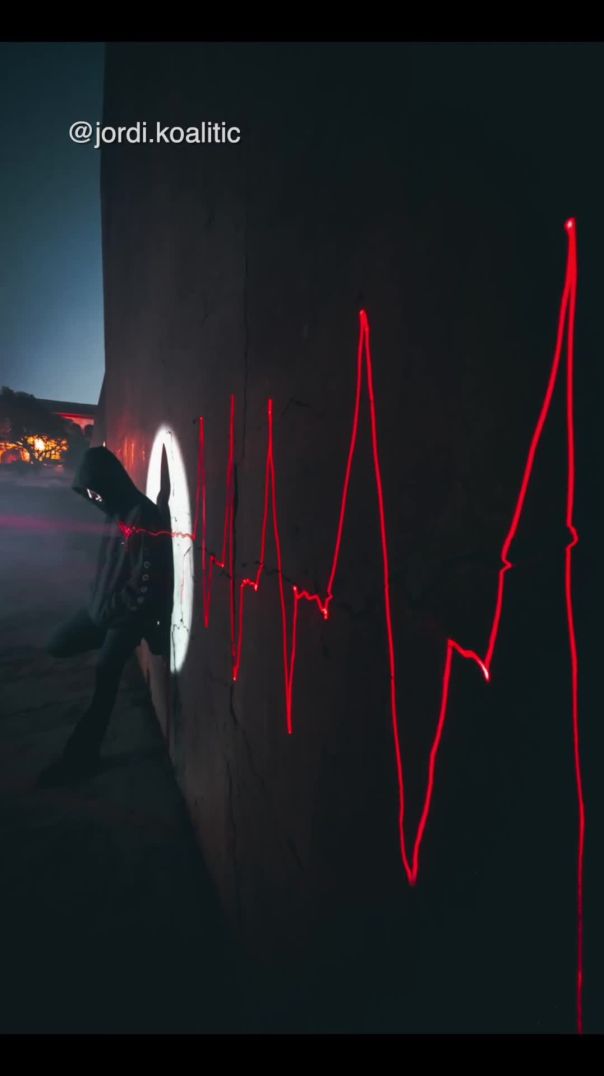Historical Context: From “Godzone” to Gridlock
New Zealand’s housing woes began in the 1990s with the dismantling of social housing and deregulation of property markets. Between 1991 and 2018, the population grew by 1.5 million, but annual housing construction lagged, averaging just 25,000 homes—far below demand. By 2023, Statistics NZ reported a deficit of 130,000 homes nationwide.
“The roots of this crisis lie in decades of underinvestment and speculative market policies,” says Dr. Lucy Telfar-Barnard, a housing researcher at the University of Otago. “We’ve treated housing as a commodity, not a human right.”
The Numbers Don’t Lie: A Nation in Crisis
Rent Surge: Median rents rose 70% from 2012 to 2023, hitting NZ$600/week in Auckland. For minimum-wage workers, rent now consumes 60% of income.
Vacancy Rates: Consistently below 1% in major cities (vs. a healthy 3–5%).
Homelessness: Over 102,000 people faced severe housing deprivation in 2023, per the NZ Coalition to End Homelessness.
Global & Local Comparisons: Worse Than Sydney, Closer to Vancouver
New Zealand’s rent-to-income ratio (35%) surpasses Australia (30%) and the UK (28%). Auckland’s median rent (NZ3,120/month)rivalsSydney(AU3,000) but with lower wages. Meanwhile, regions like Queenstown and Wellington face unique pressures from tourism and remote workers.
Economic Forces & Policy Failures
Supply-Demand Imbalance: Only 1.5 new homes built per 1,000 residents annually (OECD average: 4.5).
Speculative Investment: 40% of homes bought by investors in 2021.
Zoning Restrictions: Auckland’s “urban boundary” limited density until 2016 reforms.
“The tax system favors landlords over first-home buyers,” argues economist Shamubeel Eaqub. “Capital gains exemptions and interest deductibility fuel speculation.”
Psychological Toll: The Renters’ Dilemma
A 2023 Mental Health Foundation survey found 68% of renters experienced stress due to housing insecurity. Families report constant anxiety over lease renewals, overcrowding, and substandard conditions. “We’re raising a generation of children who think moving every year is normal,” says psychologist Dr. Sarah Watson.
Predictive Modeling: A Bleak Horizon?
If trends continue, the NZ Initiative forecasts:
Rents doubling by 2040 in major cities.
Homelessness rising 25% by 2030.
Climate migration and aging populations will strain regional markets further.
Solutions: Bold Policies & Community Action
Mass Social Housing: Build 15,000 state homes/year (vs. current 3,000).
Tax Reform: Remove investor tax perks; introduce rent controls.
Density Incentives: Fast-track apartment projects near transit hubs.
Tenant Empowerment: Longer leases, eviction protections.
“We need a wartime-like response,” urges Auckland Mayor Wayne Brown. “Housing is infrastructure.”
Join the Conversation
Is New Zealand’s rental crisis a policy failure or a global inevitability? How has it impacted you? Share your story, discuss solutions, and demand change. Together, we can turn the tide.

































ioritzchanai5
12 months ago